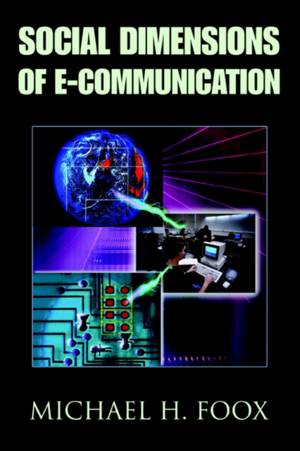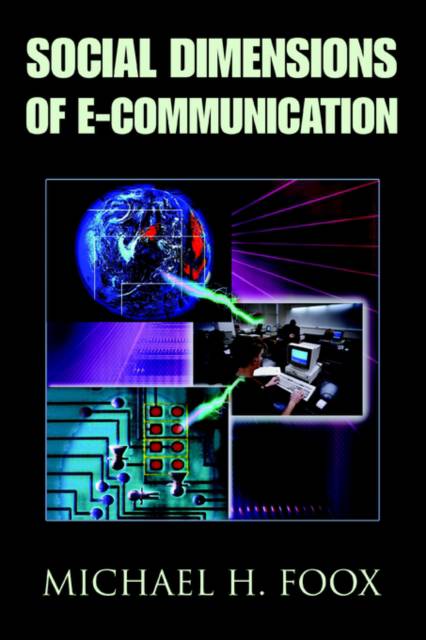
Je cadeautjes zeker op tijd in huis hebben voor de feestdagen? Kom langs in onze winkels en vind het perfecte geschenk!
- Afhalen na 1 uur in een winkel met voorraad
- Gratis thuislevering in België vanaf € 30
- Ruim aanbod met 7 miljoen producten
Je cadeautjes zeker op tijd in huis hebben voor de feestdagen? Kom langs in onze winkels en vind het perfecte geschenk!
- Afhalen na 1 uur in een winkel met voorraad
- Gratis thuislevering in België vanaf € 30
- Ruim aanbod met 7 miljoen producten
Zoeken
Omschrijving
"What is truly important is that one be able to exercise autonomy in the basic issues of life, in one's most important commitments. Now, it is very dubious whether the developed capacity for this kind of autonomy can arise simply within the family. (...) Surely it is something, which only develops within an entire civilization. [To know] what it is to be an autonomous agent, to have one's own way of feeling, of acting, of expression is an identity, a way of understanding themselves, which men are not born with. They have to acquire it", the Canadian social philosopher Charles Taylor wrote in his 1992 essay Atomism. One could speak of a philosophical turn in understanding the basics of communication and, as a consequence of this, of education, if one seriously considers those observations about citizens and society. That is the goal of this book, when it underlines the importance of "electronically enhanced education and communication" with its basic principle "interactivity" on which students, parents and teachers should build our twenty-first society.
Specificaties
Betrokkenen
- Auteur(s):
- Uitgeverij:
Inhoud
- Aantal bladzijden:
- 272
- Taal:
- Engels
Eigenschappen
- Productcode (EAN):
- 9780595356560
- Verschijningsdatum:
- 13/06/2005
- Uitvoering:
- Paperback
- Formaat:
- Trade paperback (VS)
- Afmetingen:
- 152 mm x 229 mm
- Gewicht:
- 403 g

Alleen bij Standaard Boekhandel
+ 58 punten op je klantenkaart van Standaard Boekhandel
Beoordelingen
We publiceren alleen reviews die voldoen aan de voorwaarden voor reviews. Bekijk onze voorwaarden voor reviews.









